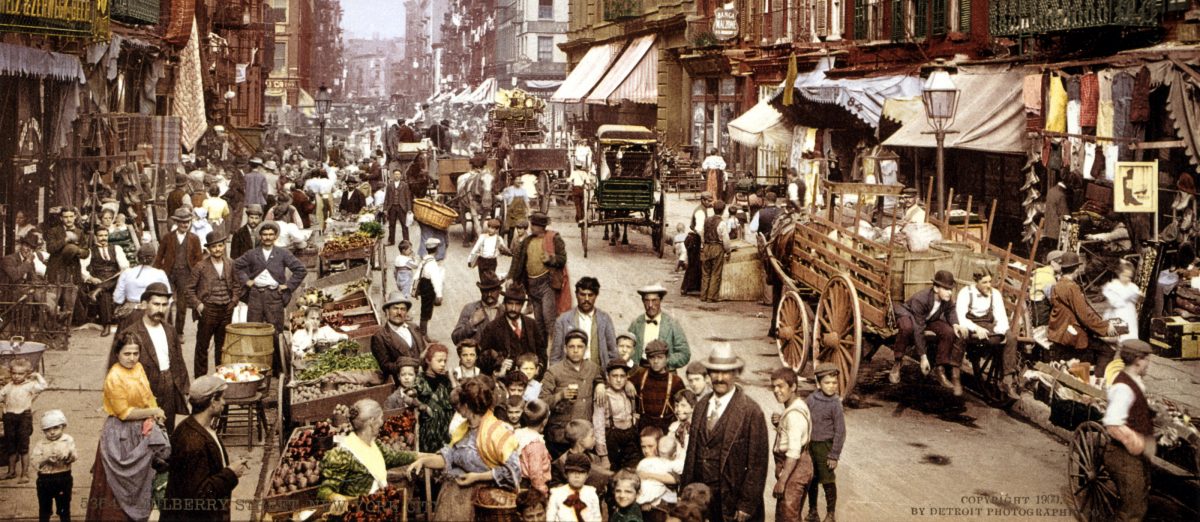When I began this blog I had recently left the New York City Comptroller’s Office. During my ten years there I had built up a list of research ideas and policy thoughts that I either did not have the time to get to, or that were too politically sensitive to be pursued under the auspices of an elected official. My intention was to follow up some of those ideas and post them here, hoping that they would accumulate to a reasonably entertaining browsing stop for people interested in similar issues, and maybe even a useful research source for somebody investigating an issue of urban economics or policy.
Then Donald Trump was elected president and much of my research agenda was rendered obsolete. Not because Trump is a detestable individual who should be nowhere near the White House, but rather because he assembled the most extremist, conservative administration in modern American history, and he had Republican majorities in the House and Senate to implement his Fox TV-brand of reaction. Many of my research and writing plans presumed a backdrop of stable government, with policy possibilities fluctuating between center-right and center-left. I might have wanted to investigate particular aspects of environmental policy, for instance, but what relevance did they retain when a climate-change denying administration sought to dismantle environmental regulations rather than improve them? Or, how might thinking about alleviating homelessness have to change when the federal government was actively trying to impede the ability of municipalities to address such problems?
Gradually a list of new research items grew, more relevant to this era of spiteful conservative government and to the period of liberal push-back that will inevitably follow. Then, the novel coronavirus changed the world again. Suddenly, the importance of repealing the caps on state and local tax deductions paled in comparison to the massive fiscal challenges states and cities will face with their economies shut down. Concern about the cost of housing in big cities shifted to concern about whether people will still be willing to live in dense urban environments. Plans to expand urban transit transform into worries over whether the riders will ever return.
By the beginning of April we had seen enough of the virus to know it was a vicious bug and that the social distancing measures were absolutely necessary. In the immediate future there will be a whole lot of death and sorrow, and much human misery in the collateral economic and social damage. Emergency efforts to mitigate the damage will preoccupy the public agenda in coming months, and the recovery of semi-normal economic life will be the policy preoccuption of the next two years or so. It will probably take much longer than that to regain the ground we have lost, especially in terms of the economic interfaces that were flowering all over urban America– the vibrant street life, the proliferating cafes and restaurants, the brimming public transportation, the large employers that were returning from their suburban exiles.
It will probably take five years or more for people to resume their pre-pandemic lifestyles–for travel to recover to the levels of 2019, for people to eat out as much, for events with large crowds to become as common as they were before. It may take a decade or more for the economic damage to be fully repaired–for new restaurants to replace vacant storefronts, for office buildings to be refilled, for the thick ecology of small business contactors to be regenerated. But I’m betting that in the long run the pandemic of 2020 will turn out to be a ditch, not a turning point. There was continuity of the economic and social trends before and after WWII, there was continuity before and after the Great Recession, and I think there will be continuity once again. The big cities will come back, small towns will continue to languish, and we’ll face all the old problems we had before.
